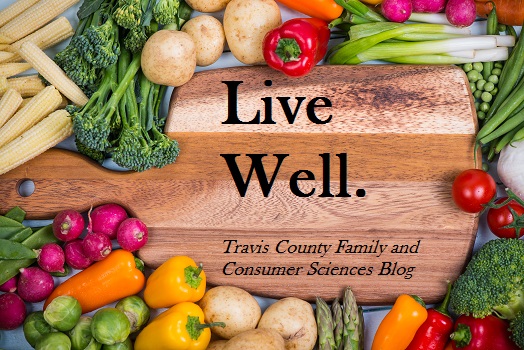By: Amanda Schroder
I suspect that many of you have heard about vitamin E, or maybe you’ve even used vitamin E oil on your skin or hair, but do you know what it does inside your body? Well, firstly, what is it? Vitamin E is actually a blanket term that we use to describe 8 different fat-soluble compounds. As far as humans are concerned, the most important of these compounds is alpha-tocopherol (α-tocopherol). Vitamin E works primarily as an antioxidant, allowing it to protect your cells from the damaging free radicals produced in your body. It is also required for your immune system to be able to take out dangerous bacteria and viruses, and it allows your cells to communicate and work together more effectively. It can even slightly dilate your blood vessels and inhibit the formation of hazardous blood clots! (Everyone, say it with me.) Hooray for vitamin E!
Thankfully, vitamin E deficiency is very uncommon, despite the fact that most of our diets do not provide the recommended daily allowances. In fact, it has not been observed in otherwise healthy individuals who consume fats! Since vitamin E requires fat to be digested, deficiency has been noted in patients on severely low-fat diets or those who have trouble absorbing fat, like those suffering from Crohn’s disease, cystic fibrosis, or certain rare genetic diseases. The damage caused by vitamin E deficiency can produce symptoms like a weakened immune system, muscle weakness, vision problems, loss of feeling in the arms and legs, and loss of body movement control.
Since deficiency is so rare, there is absolutely no reason for supplementation unless you are directed to do so by a medical professional. Actually, it can be quite dangerous! Consuming high doses of α-tocopherol through supplementation might cause bleeding inside the body (especially in the brain, called hemorrhagic stroke) and can negatively affect your blood’s ability to clot. Because of the nature of these consequences, it is ESPECIALLY important to talk to your doctor before beginning a supplementation plan if you are taking any anticoagulant or antiplatelet medicines, like warfarin. One study also showed an increased risk of prostate cancer in men who supplemented vitamin E for several years. Yikes!
For the record, there have been zero reported cases of adverse side effects following the consumption of high doses of vitamin E through food. Zero! So, eat to your heart’s content! The very best sources of vitamin E are nuts, seeds, and vegetable oils. Just 1 tbsp. of wheat germ oil contains 100% of the typical daily value (DV) and 1 oz. of dry roasted sunflower seeds contains about 37% DV. It can also be found in some green, leafy vegetables (½ cup of boiled spinach contains about 10% DV) and fortified breakfast cereals. So, step aside, supplements; there is no need for you here! Take a look at this table for a general idea of just how much vitamin E you should aim to consume each day.
| Table 1: Recommended Dietary Allowances (RDAs) for Vitamin E (Alpha-Tocopherol) [6] | ||||
| Age | Males | Females | Pregnancy | Lactation |
| 0–6 months* | 4 mg (6 IU) |
4 mg (6 IU) |
||
| 7–12 months* | 5 mg (7.5 IU) |
5 mg (7.5 IU) |
||
| 1–3 years | 6 mg (9 IU) |
6 mg (9 IU) |
||
| 4–8 years | 7 mg (10.4 IU) |
7 mg (10.4 IU) |
||
| 9–13 years | 11 mg (16.4 IU) |
11 mg (16.4 IU) |
||
| 14+ years | 15 mg (22.4 IU) |
15 mg (22.4 IU) |
15 mg (22.4 IU) |
19 mg (28.4 IU) |
Want more vitamin E? Check out these Easy, dElicious recipEs!
References
